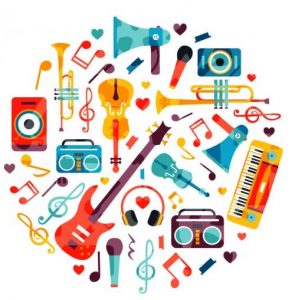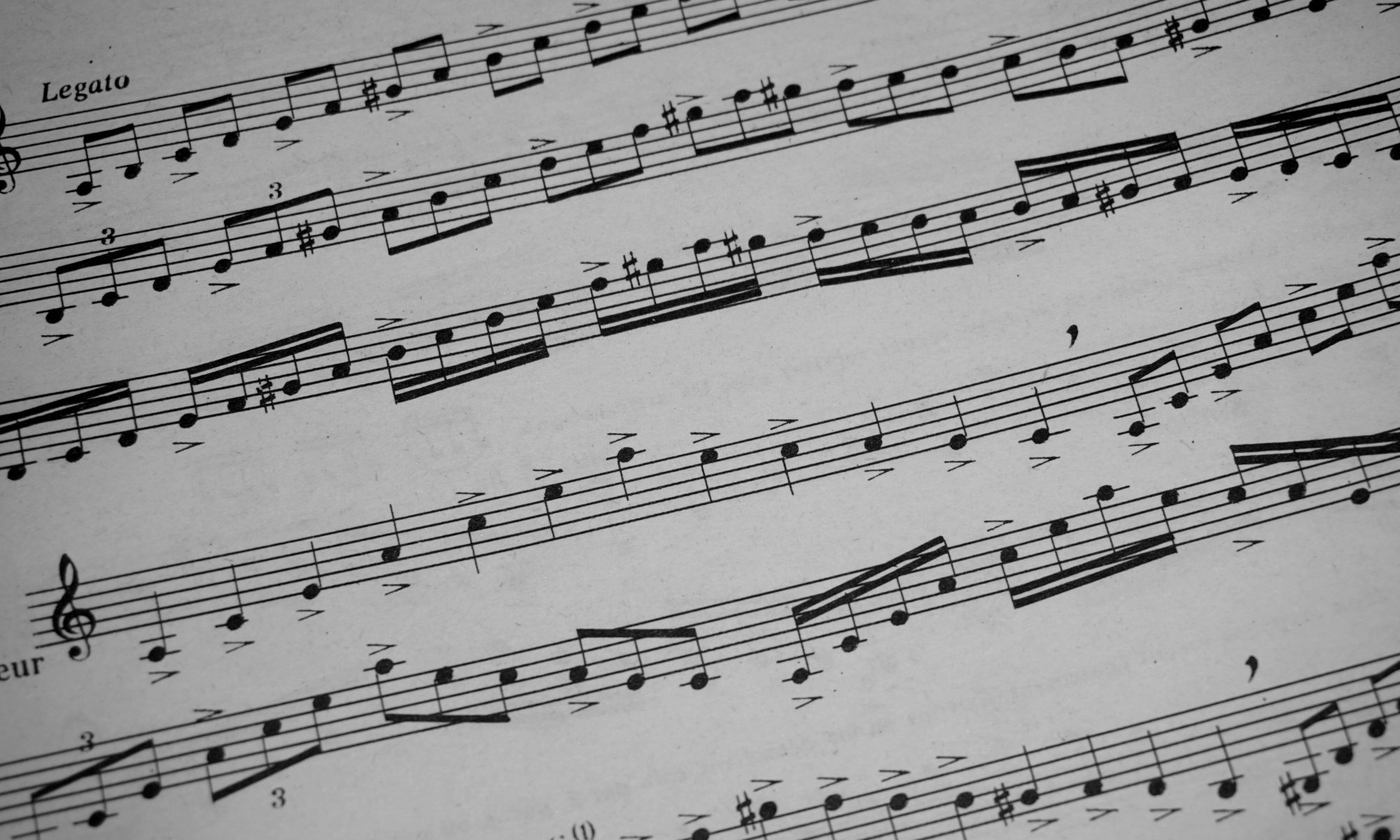Sophie, Year 9, asks if and how music can impact our mental and physical health.
 Music is everywhere. Wherever we go, no matter where, there will be some sort of tune or melody coming from someplace or another. Virtually all species, from the most primitive to the most modern, make music. In tune or not, our species sing and play, or clap and drum. Music is a cardinal aspect of our lives. The human brain and nervous system are programmed to distinguish music, rhythm and tones from noise and other sounds. Is this a biological accident, or does it serve a purpose? There might be no definite answer, but one could suggest from studies that music may enhance human health.
Music is everywhere. Wherever we go, no matter where, there will be some sort of tune or melody coming from someplace or another. Virtually all species, from the most primitive to the most modern, make music. In tune or not, our species sing and play, or clap and drum. Music is a cardinal aspect of our lives. The human brain and nervous system are programmed to distinguish music, rhythm and tones from noise and other sounds. Is this a biological accident, or does it serve a purpose? There might be no definite answer, but one could suggest from studies that music may enhance human health.
Music has always been a source of expressing people’s feelings, venting emotions and communicating with others, through words and notation. The soothing power of music is well-identified – it can have a big impact on our mental health. It can also have a strong link to our emotions, and, as a result, can be a brilliant form of stress relief. Listening to music can be relaxing for our mind and bodies, especially slow, quiet classical music. This type of music has a beneficial effect by slowing the pulse and heart rate, lowering blood pressure and decreasing the levels of stress hormones. For example, studies[1] show that listening to music with headphones has reduced stress and anxiety in hospital patients before and after surgery. Listening to music can also relieve depression and increase the self-esteem of elderly people.
Music can also absorb our attention and can get rid of any distractions. This means it can be a focus technique as it keeps our mind from wandering. However, music with no structure and no form can have a negative impact on our emotions and can be unsettling and irritating. This is why gentle music with a simple melody is also more comforting. Familiar melodies bring a sense of calmness, awareness and it can be more comforting. The sounds of nature often are incorporated into CDs specifically to target relaxation. The sound of water or leaves or birdsong can be soothing for some. It can help picture calming images and help our minds slow down.
 As well as calming, and being a stress relief, music can be a source of happiness. It has the ability to make people of all ages feel cheerful and energetic and could even lift the mood of people with depressive illnesses. A recent study[2] announced that scores of depressive symptoms (extending from 0-60) improved on average 4.65 more with the music therapy than standard care alone. In 2006 a study of sixty adults with chronic pain found that music was able to reduce pain and depression[3]. In 2009 there was another study stating that music assisted relaxation can improve the quality of sleep in patients with sleeping disorders[4].
As well as calming, and being a stress relief, music can be a source of happiness. It has the ability to make people of all ages feel cheerful and energetic and could even lift the mood of people with depressive illnesses. A recent study[2] announced that scores of depressive symptoms (extending from 0-60) improved on average 4.65 more with the music therapy than standard care alone. In 2006 a study of sixty adults with chronic pain found that music was able to reduce pain and depression[3]. In 2009 there was another study stating that music assisted relaxation can improve the quality of sleep in patients with sleeping disorders[4].
Some skilled composers manipulate our emotions by knowing what the listeners’ expectations are and controlling when the expectations may (or may not) be met. Composers also change their music to fit our emotions. They will use specific techniques to make us feel a certain way. These techniques could include; tempo (a fast tempo could provoke an energetic feeling, whilst a slow tempo might induce feelings of sadness or tiredness), tonality (major linked to positive and minor negative), dynamics (forte – loud – may portray bold or confident, whilst piano – quiet – could be more subtle).
Some of these factors may cause the listener to maybe start swaying side to side or tapping our feet or nodding our head. This is connected to the dopamine drug which is linked to the pleasure of music. Neuroimaging studies have proven that music can activate the brain areas typically associated with emotions. The deep brain structures that are part of the limbic system like the amygdala or hippocampus as well as the pathways that transmit dopamine (for pleasure associated with music listening). The relationship between listening to music and the dopaminergic pathway is what is behind the ‘chills’ that people claim to experience whilst listening to music[5]. These chills are physiological sensations, like hairs getting raised on your arms, goosebumps down your leg and ‘shivers down your spine’ that is linked to chills.
Whatever your musical preference, understanding that music has a significant impact on our mental and physical health is central to knowing more about the immense power this art has on us. As Napoleon once said, “music is what tells us the human race is greater than we realise.”
References
[1] https://www.bbc.co.uk/news/health-33865448
[2] https://www.nhs.uk/news/mental-health/music-therapy-helps-treat-depression/
[3] https://www.health.harvard.edu/staying-healthy/music-and-health
[4] https://www.researchgate.net/publication/24441233_Music-assisted_relaxation_to_improve_sleep_quality_Meta-analysis
[5] https://www.mentalfloss.com/article/51745/why-does-music-give-us-chills

